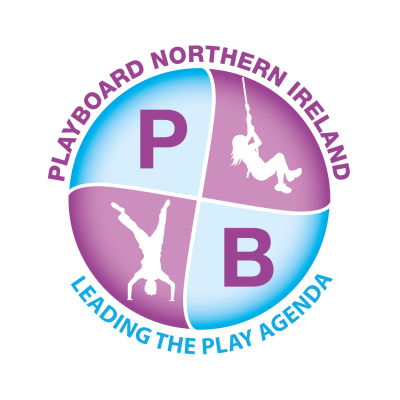Charities and industry call for action to improve play opportunities for disabled children
Including Disabled Children in Play Provision, a joint statement from the Children’s Play Policy Forum and UK Play Safety Forum, states that society has failed in producing enough accessible and inclusive places for children to play within a reasonable distance of their homes. It makes clear that:
- a positive, solution-focused attitude is essential to include disabled children
- it is possible to make adaptations to increase accessibility and remove barriers to participation by engaging with and prioritising the needs of disabled children and their families
- there is an urgent need to change public attitudes
- more welcoming spaces must be created which maximise the range of play opportunities offered by the equipment and the environment.
The statement also calls for consistent use of the terms accessible and inclusive play.
Tim Gill, Chair, UK Play Safety Forum said:
“Just like any child, all disabled children need and want to play. But for decades, they have been left poorly served. This statement makes a powerful case for change, while acknowledging the challenges. Perhaps most importantly, it sets out a clear vision for new and improved play spaces that will engage children of all abilities.”
Nicola Butler, Chair, Children’s Play Policy Forum added:
“This statement will help build a better understanding of the barriers which keep many disabled children and their families excluded from local play spaces. Overcoming these barriers will bring benefits for non-disabled children too, as they learn through their interactions and engagement with disabled friends and peers.”
Mark Hardy, Chairman, Association of Play Industries (API) stated:
“API members have always strived to provide play facilities that offer an accessible local attraction, which engenders ownership from the entire community and provides a lasting legacy. We are delighted to have supported and contributed to this latest guidance to give greater clarity on the different priorities for ‘Accessible’ and ‘Inclusive’ play spaces.”
PlayBoard Northern Ireland CEO, Jacqueline O’Loughlin said:
“We know from our own research that families who have a child with a physical, learning, sensory, medical, undiagnosed or complex need continue to be excluded from play parks and travel long distances to access a play park that meets their family’s needs. All children and young people have the right to play in their local communities and interact with their peers. This statement aims to help those involved in play spaces and playgrounds such as local authorities and housing associations make their facilities more accessible and inclusive.”
Background
The UK Play Safety Forum and Children’s Play Policy Forum commissioned the joint statement Including Disabled Children in Play Provision. A small group, which included a lived-experience representative, led the development of the statement – Marguerite Hunter Blair, Anita Grant, Alan Herron, Alix Crawford, Marianne Mannello, Andy Yates – supported by a group of Sector experts and the input of the Forums at consultation phase.
Current position
The UK Play Safety Forum and Children’s Play Policy Forum agree that all playgrounds and spaces should meet the accessible definition, to meet the needs of as many children, of as many varying abilities, as possible. And that the strategic provision of truly inclusive spaces at well-chosen destination sites is essential, to meet the needs of ALL children.
Key actions from the statement
- A positive and solution-focused attitude is critical to creating inclusive play space design, based on understanding and prioritising the needs of disabled children and making adaptations to include them.
- Children and their families want play spaces which include the range of features and facilities they need.
- Play spaces should offer a balance of high to low challenge opportunities and a good mix of play features.
- All children deserve to be able to enjoy play spaces that work well for them and their families within a reasonable distance of their home.
- All play spaces should be developed through community participation, co-design, and co-production.
Who statement is aimed at
- Local authorities and play providers
- Parents, families and community groups
- Landscape architects
- Equipment providers
View statement at https://www.playboard.org/charities-and-industry-call-for-action-to-improve-play-opportunities-for-disabled-children/

